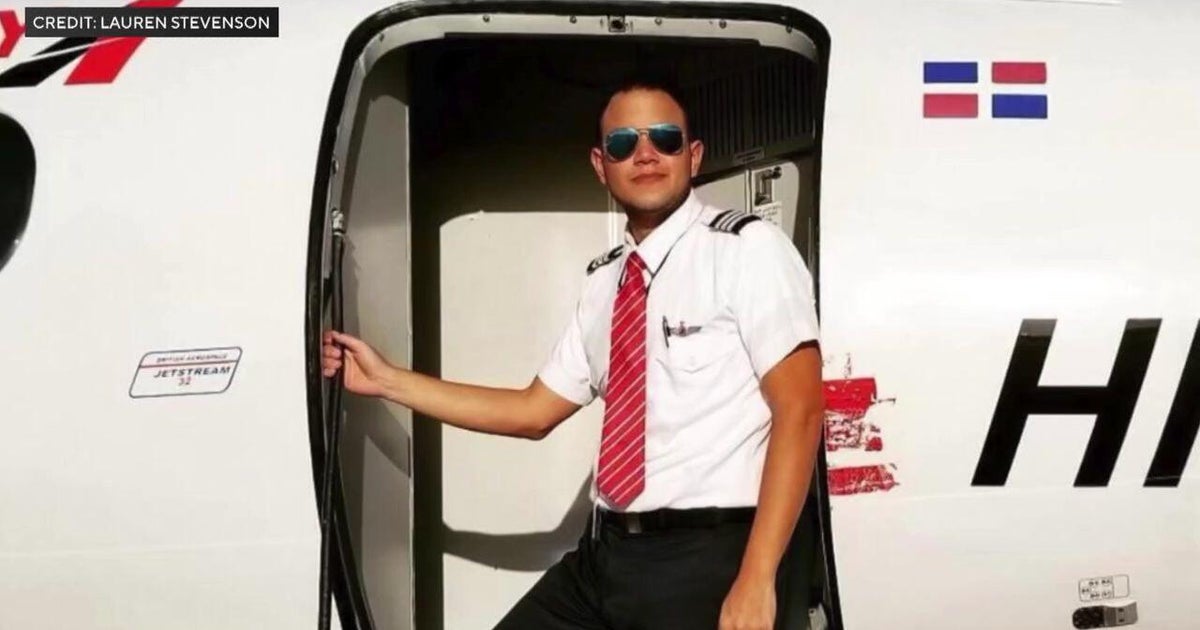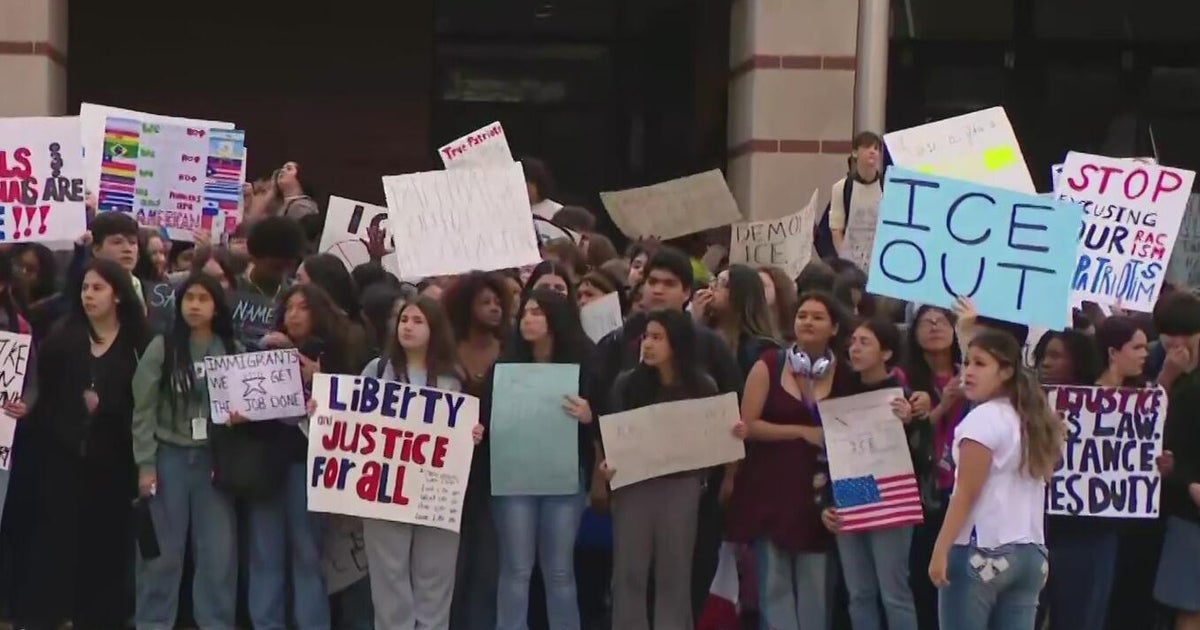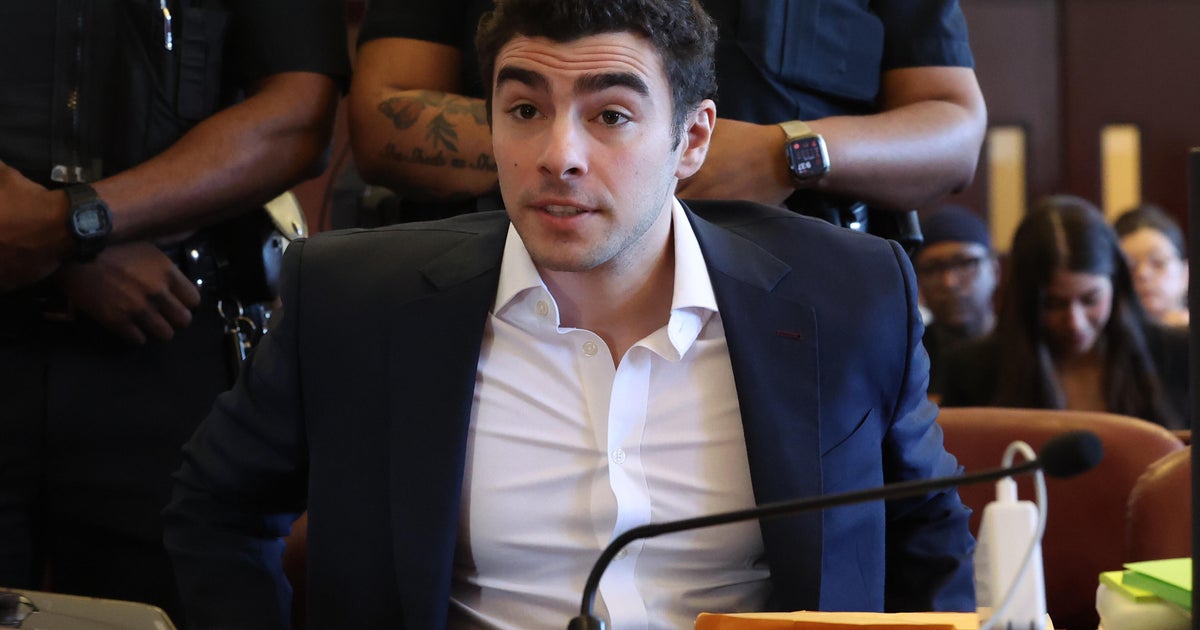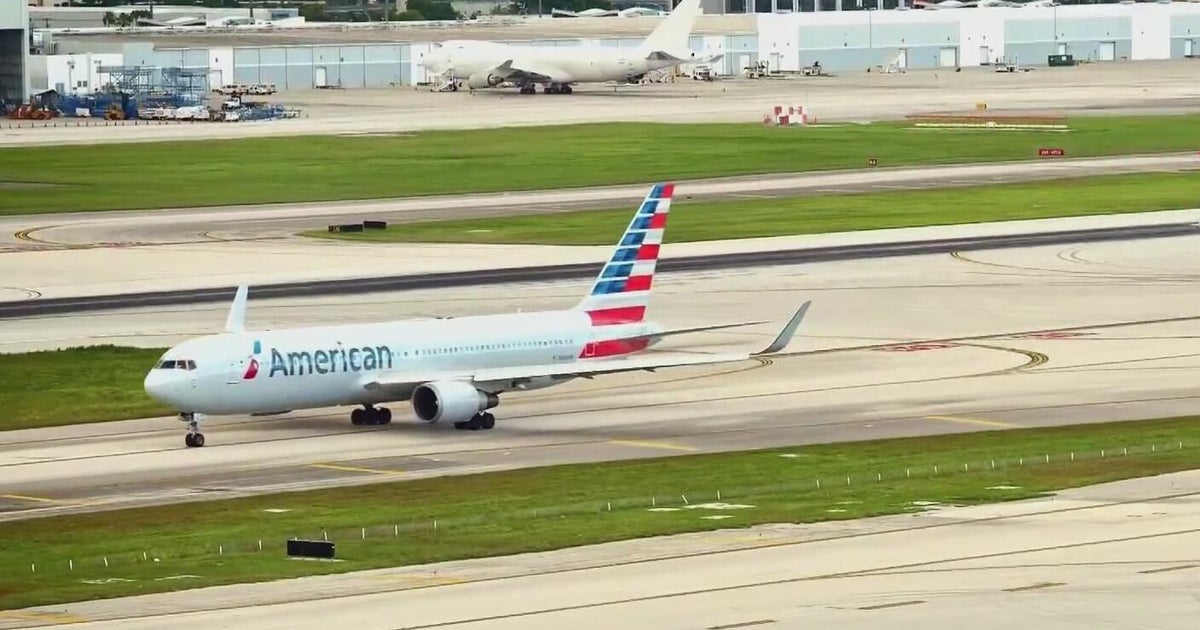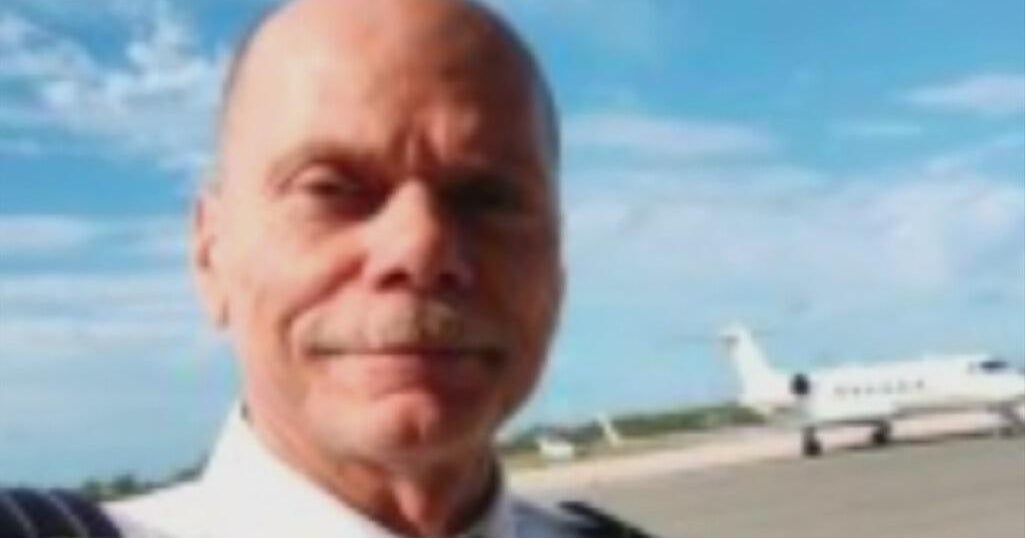Good Question: What Psychological Tests Do Pilots Undergo?
MINNEAPOLIS (WCCO) - French prosecutors made a stunning announcement Thursday morning. They believe Andreas Lubitz, a 28-year-old German co-pilot, deliberately crashed a Germanwings A320 into the French Alps, killing all 150 people on board.
Carsten Spohr, the CEO of Lufthansa, Germanwings' parent company, couldn't speculate on why, but said there didn't seem to be any indication the pilot was mentally unstable.
"The pilot passed all of his tests, his medical exams," Spohr told CNN on Thursday.
So, what kind of psychological tests do pilots undergo?
"Pilots are among the most scrutinized of all professionals, certainly more than medical professionals," CBS News aviation consultant Captain Chesley Sullenberger told CBS this Morning.
According to the Federal Aviation Administration, pilots go through rigorous hiring and training processes. They are required to have a first class medical certificate, which must be renewed every year if the pilot is under 40 years old and every six months if the pilot is 40 or older. Pilots must visit an FAA-approved medical examiner and fill out an application form that includes questions pertaining to mental health. The FAA requires the pilot to disclose any existing medical conditions and medications.
In a statement, Airlines for America, the trade organization representing the principal U.S. airlines, said, "While working at an airline, all pilots have to regularly undergo thorough medical examinations to maintain their license. In addition, all U.S. airlines can and do conduct fitness for duty testing on pilots if warranted."
Mark Rosenker, the former Chief of the National Transportation Safety Board, believes the current system in place works well.
"You're going to weed out those that are very obvious to you, then, you're going to get the highest quality people doing this," he said. "But that doesn't guarantee perfection."
Rosenker said airlines must also count on other pilots and crew-members to co-evaluate a pilot and watch for problems. He also points out how important it is to remember just the rarity of these events.
"Unfortunately, there is no test in the world that will evaluate you to the point where it will guarantee you never break down," he said.
In the United States, the FAA requires two people, whether it's a flight attendant or relief pilot, to be in the cockpit at all times. On Thursday, several European airlines changed their flight deck policies and Canada made the two-person rule mandatory for all of its airlines.
"In this case, I think two people in the flight deck would have made great sense and potentially could have prevented this," Rosenker said.
